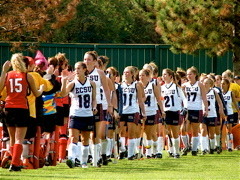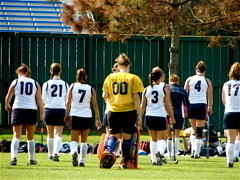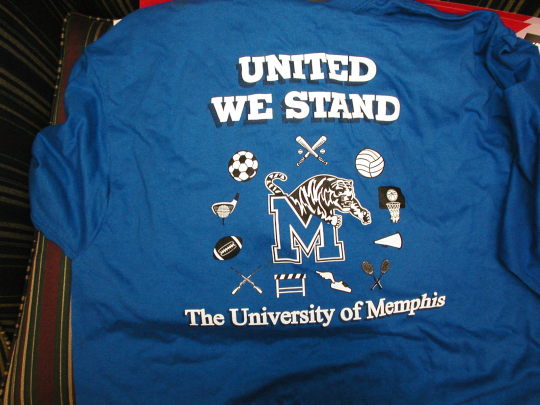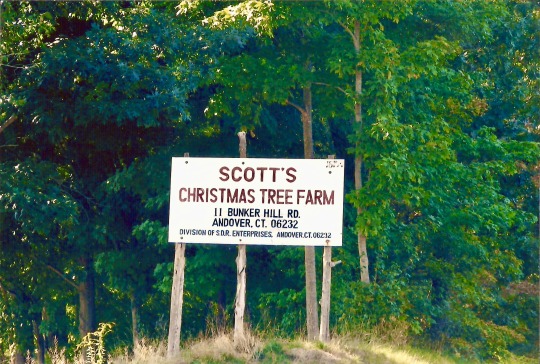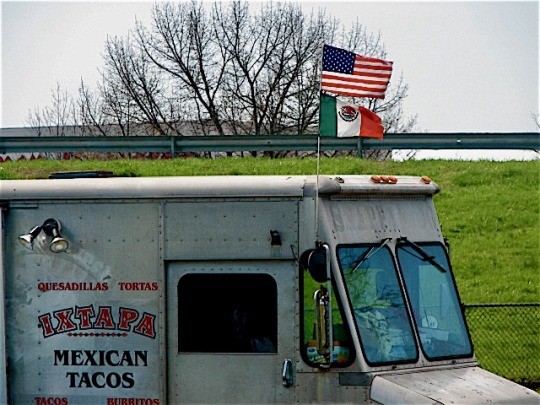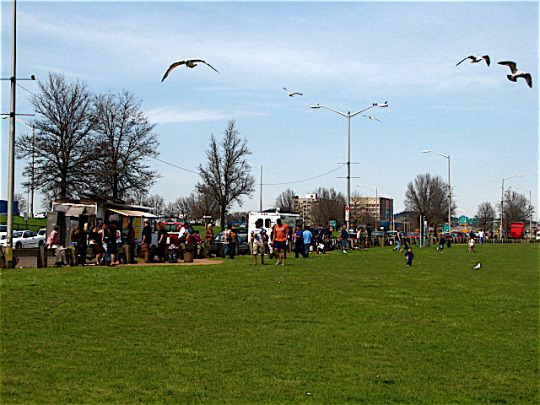Text
Nanny (2023) - Social Media post
0 notes
Text
Shuck in time.
0 notes
Text
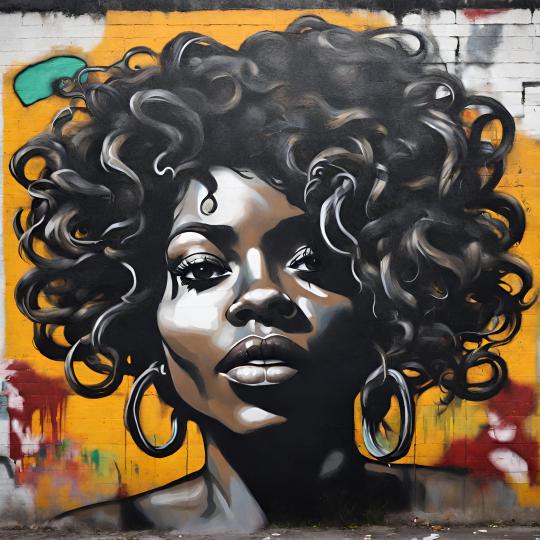
3 notes
·
View notes
Text
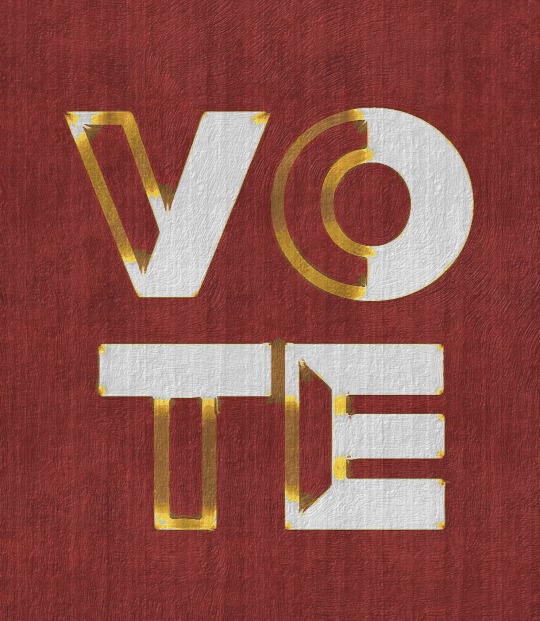
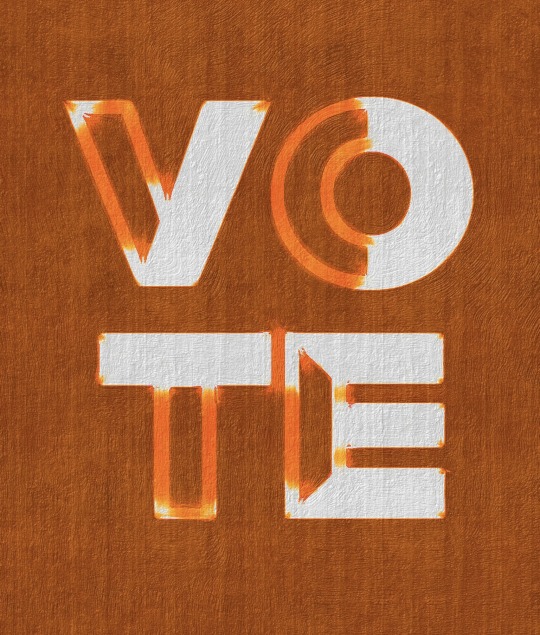
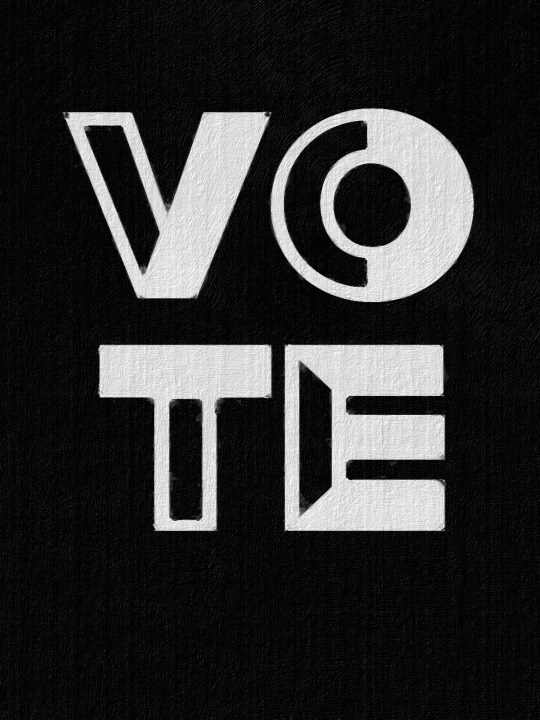
Voter Registration Champaign
0 notes
Text
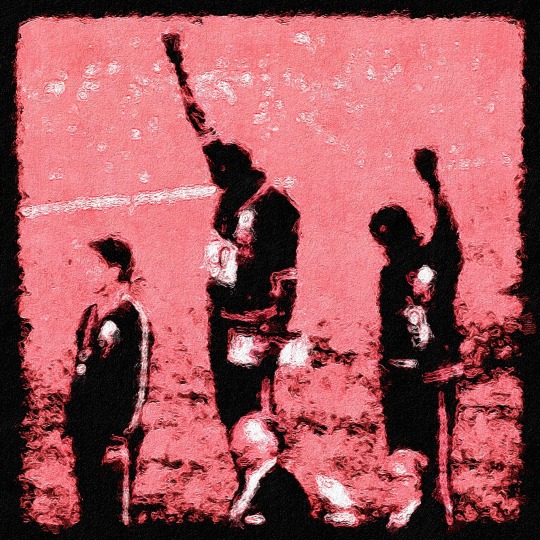
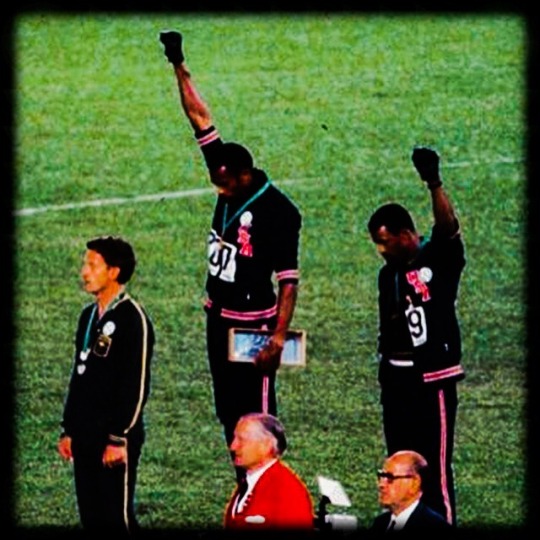
1 note
·
View note
Text
e-commerce posts

#ecommerce#business#content marketing#online sales#sneakers#sneakerhead#sports#photography#marketing#ads#advertising
0 notes
Text
Working on a couple of short films using AI.
0 notes
Text
Urban Medusa
I’m currently working on two A.I. generated short films using Midjourney and Runway.
0 notes
Link
“Disney did what Disney does best. Create a world everyone wanted to be a part of, and develop a global digital marketing plan that engaged Marvel fans, and all types of people. A world that embraced African-American and African culture, and invited others to be a part of it.”
0 notes
Text
Lessons From a Civil Rights Leader
There is one surviving witness that stood on the balcony next to Dr. Martin Luther King, Jr. when he was shot in Memphis, TN. over forty years ago. That witness, Reverend Samuel “Billy” Kyles is the pastor of the church I grew up in, Monumental Baptist church. In that church, Rev, Kyles gave my mother her first job when she was sixteen years old, in that church my aunt directed the chorus, in that church both my sister and I were baptized when we were seven years old, and it’s in that church where my grandmother still attends services today.
I grew up a child of the American Civil Rights movement and learned everything the southern African-American church could teach you. Over the years as the exposure to Buddhism and mindfulness changed me and my beliefs, I found there was still a lot Rev. Kyles could teach me and all Buddhists about social justice and compassion. The following are the lessons this witness, American hero, and civil rights leader taught me about Buddhism and compassion in the face of injustice and how it supports my Buddhist beliefs.
“It was a Moral Movement.”
youtube
Sitting in the church dining room at Monumental, after church service Rev. Kyles explained to me,
“The Civil Rights movement was not a political movement - it was a movement of morality. You don’t send child out to protest for politics. You send them to make the world a better place.”
It was a movement driven by the need to be treated fairly and as human beings. Although the goal was not political the movement had political implications.
Lesson One: The promotion and cultivating of compassion means Identifying suffering and doing something about it.
“Anger is a Natural Emotion.”
“Anger is a natural emotion.” Rev. Kyles tells me in between bites of baked chicken from the church kitchen. “It’s just not always the proper response (to social injustice).” Soft spoken, kind, and with such a calm demeanor, it surprised me to find out that Rev. Kyles did become angry at much of the injustice and cruelty he saw during the movement. He explained that what is most important is the response that best brings about justice and dignity.
Lesson Two: Anger must be acknowledged, but not necessarily acted on. Acting on anger may keep us from our goals. Freedom comes when you confront that both anger and fear. It is then that compassion arises.
Taking Refuge
Sitting in that noisy dining room every few minutes a church member would come by the table offering food, information, or just to speak to “my pastor.” All would hug, kiss him, or tell me how much they cared about him. Always smiling, he turned to me and said, “We are a hugging, kissing church.” The Black church, spirituality overall, has always had an influence even in the weakest community. Is the Black church still a place of Influence and refuge in a world where it seems evil and suffering are growing?
“Yes, but it is much harder for pastors and spiritual leaders today. Things have become a lot more complicated. It’s still the center of a community, but that community has changed. Where else are people to go? Faith will make you believe anything is possible.”
Lesson Three: Strength and support comes from community or place of worship. Taking Refuge promotes morality, focus, and gives support. Faith creates hope and courage.
Dedication & Practice
We were talking about the four little girls who lost their lives in the Sixteenth Street church bombing September 15, 1963, in Birmingham, Alabama; victims of racial hatred. How does someone not become angry and bitter at acts of such cruelty?
“Belief, spirituality has power, but change doesn’t happen overnight.” To be hit, called names and ridiculed without responding in a negative way is difficult to say the least. “Compassion in the face of cruelty takes work, conviction, and training.” There is also a price you pay because of the psychological trauma of being faced with so much hate and cruelty. It’s a price many who marched and challenged Jim Crow still pay.
Lesson Four: Mental training and strength takes practice. It will not just happen.
We have to transform our thoughts to change behavior and be committed to that transformation.
Change takes work and time.
7 notes
·
View notes
Text
PTSD: A Battle for Veterans and Their Families
When Staff Sergeant and Medal of Honor winner Ty Carter appeared on the MSNBC show Morning Joe he not only represented the excellence of those who honorably service their country, but also those who suffer from post-traumatic stress disorder (PTSD). Carter earned the nation’s highest award for courage, the Medal of Honor. By braving a storm of bullets to rescue a wounded soldier in 2009; a soldier who later died.
During his interview with Morning Joe, Carter talked about the effects of PTSD on him, but also his family in three ways:
The Flashbacks. The trauma service members experience is constantly relived and remembered, in uncomfortable places and positions.
The Isolation. “You love your wife, you love your family, but you don’t want to talk to them, so you don’t want to put them through what you’ve been through.” said, Carter.
The Stress. The cause of traumatic experience.
The National Center for Veterans supports Carter’s statements. The tragic effects of PTSD are not just felt by the sufferers themselves, but also their families. PTSD tends to create conflicts in relationships. PTSD is a mental health condition that is likely to lead to relationship problems: PSTD sufferers not wanting to attend family or social events for fear they’ll be “cornered” by an unforeseen person or circumstance; Nightmares commonly lead to spouses not sleeping in the same beds Inciting relationship conflict in common interactions.
It’s easy for family members to become tired, frustrated, and neglect their own needs. It is important for family members to take care of themselves. This means that often they must also seek treatment. Staff Sergeant Carter knows and demonstrates the first steps in treating and dealing with PTSD for both the sufferers and their family. Openly talking about it and supporting those who have it.
youtube
For more information please visit:
The National Center for Veteran Affairs
Partners of Veterans with PTSD
Medal of Honor winner Ty Carter on Friday’s Morning Joe
**Originally posted for blog to support Homeless Veterans**
https://youtu.be/L0kslvDfL7I
3 notes
·
View notes



